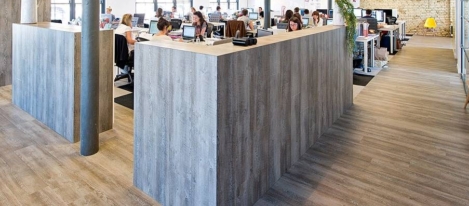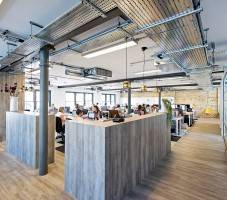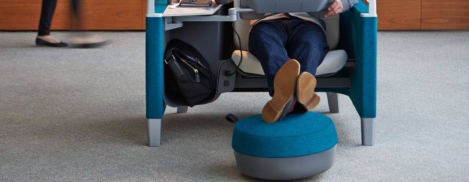July 9, 2015
Many employers discourage home working, unless it is out of hours
 A combination of tube and rail strikes causing travel disruption in London today, means many businesses will accede to requests to work from home. Yet a large number of UK employers are still reluctant to encourage home working. According to a recent report by Redcentric, despite the fact that that just under a third of UK office workers reported an increase in productivity when working outside of the workplace, 48 percent of respondents claimed that their employers didn’t allow them to work remotely, with 23 percent saying that their business simply didn’t like them doing it, for reasons such as data privacy and loss of productivity. Yet research by PMI Health Group shows nearly a third of staff feel pressured to routinely check and send emails from home, which suggests that employers tacitly encourage home-working, as long as it is on their terms.
A combination of tube and rail strikes causing travel disruption in London today, means many businesses will accede to requests to work from home. Yet a large number of UK employers are still reluctant to encourage home working. According to a recent report by Redcentric, despite the fact that that just under a third of UK office workers reported an increase in productivity when working outside of the workplace, 48 percent of respondents claimed that their employers didn’t allow them to work remotely, with 23 percent saying that their business simply didn’t like them doing it, for reasons such as data privacy and loss of productivity. Yet research by PMI Health Group shows nearly a third of staff feel pressured to routinely check and send emails from home, which suggests that employers tacitly encourage home-working, as long as it is on their terms.



































July 9, 2015
London transport shuts down ….. agile workers unaffected …..
by Paul Carder • Cities, Comment, Flexible working, Wellbeing
More →